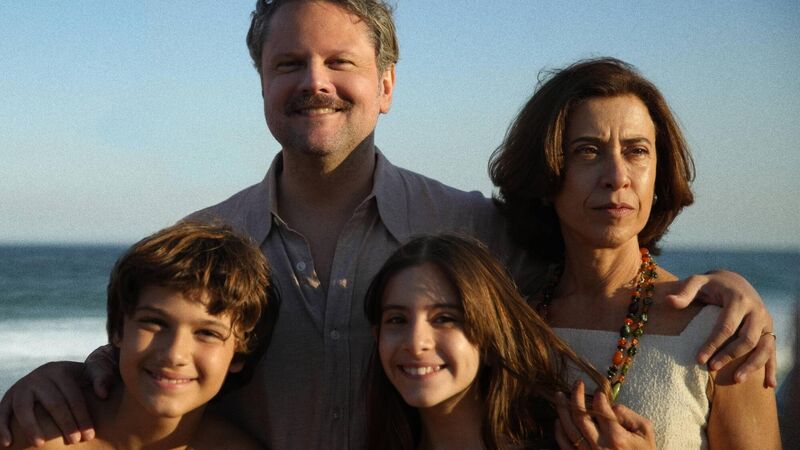Walter Salles on I'm Still Here, the hit Brazilian film that's packing out cinemas in Ireland

I'm Still Here: Selton Mello, Fernanda Torres, Cora Mora and Guilherme Silveira.
It’s the Brazilian film that’s also packing out cinemas in Ireland. Now the powerful drama I’m Still Here is emerging as a dark horse for this year’s Oscars where it has three nominations - including for its leading actress.
But for acclaimed filmmaker Walter Salles (The Motorcycle Diaries) the film’s making and release is already a victory.







